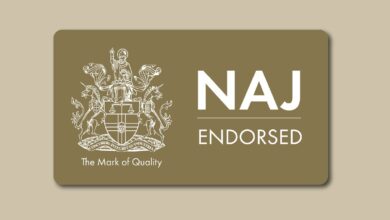Is your website legal?

Register to get 1 free article
Reveal the article below by registering for our email newsletter.
Want unlimited access? View Plans
Already have an account? Sign in
Technology lawyer Andrew Brennan, of law firm SGH Martineau, explains the minimum legal requirements for corporate websites.
- Websites must display the business name, place of registration, registered number, registered office address, details of any regulator if the business undertakes regulated activities and the VAT number. For sole traders and partnerships, the address of the principal place of business must be shown.
- The collection, storage and use of personal data, including the sharing, or selling of information is a growing area of concern, so it is essential businesses have the relevant policies and procedures in place. Since the law on Cookies changed in 2011, websites should clearly explain what cookies are used, what information they gather, what’s done with it and that by continuing to use the site, the visitor consents to their use.
- Where a visitor provides an e-mail address, they can be contacted only in relation to their original enquiry and must be able to unsubscribe and be removed from any list containing their details. When a business emails general marketing information, unrelated to the individual’s original enquiry, they must obtain express ‘opt-in’ consent, which is often done by providing boxes to tick – these must not be pre-ticked.
- All e-mail marketing, must contain your identity and give the recipient the means to unsubscribe and be removed from any list that holds their contact details. When a business collects and uses personal data it becomes a data controller, so must explain what is being collected and why. The website must have a Privacy Policy that explains how information will be used and contain a method for contacting the data controller.
- Although Terms and Conditions are not a legal requirement for a website, a good set of T&Cs can prevent many problems in the future and help protect the business, by clearly stating what the business does and what Intellectual Property (IP) it owns on the site.
If any doubt exists, businesses should seek expert advice from a lawyer experienced in this area of the law and then keep their eyes and ears open for any future changes in the rules.
About the author: Andrew Brennan is a partner in the Intellectual Property and Technology team at leading UK commercial law firm SGH Martineau. He advises on both contentious and non-contentious IP and technology related matters, representing technology and creative start-ups through to global multinationals, particularly within the retail and manufacturing sectors. A regular media contributor, he writes on intellectual property and technology issues, and recently launched the firm’s innovative ‘Website Health Check’ initiative to help businesses ensure their websites meet EU legal requirements.







